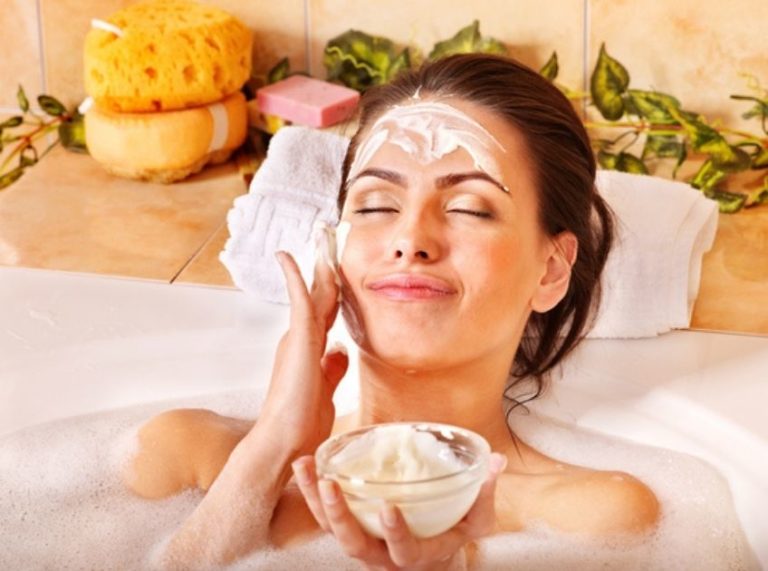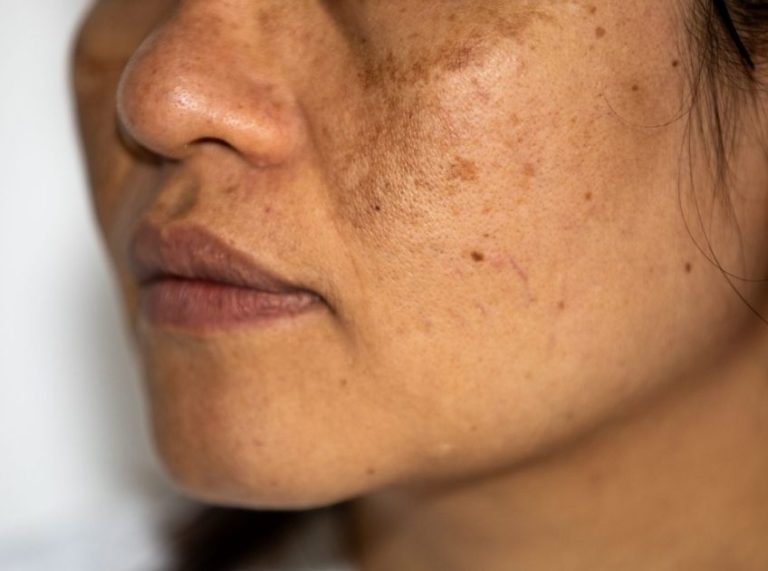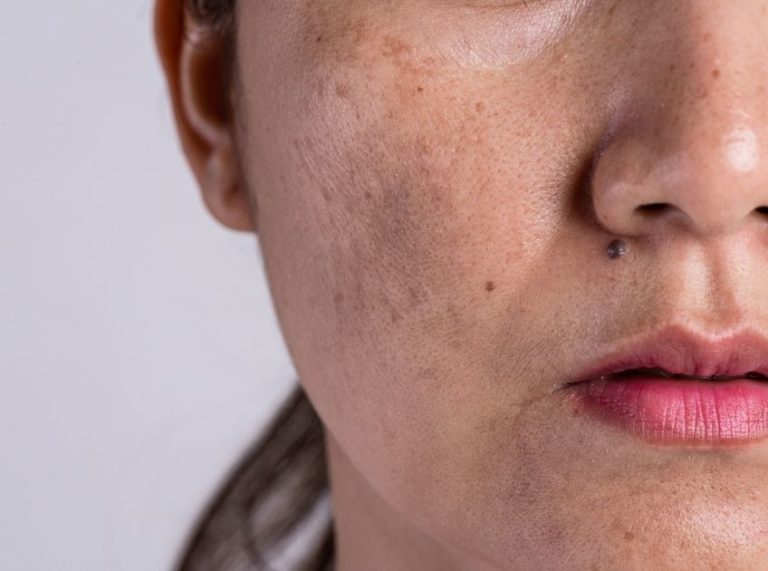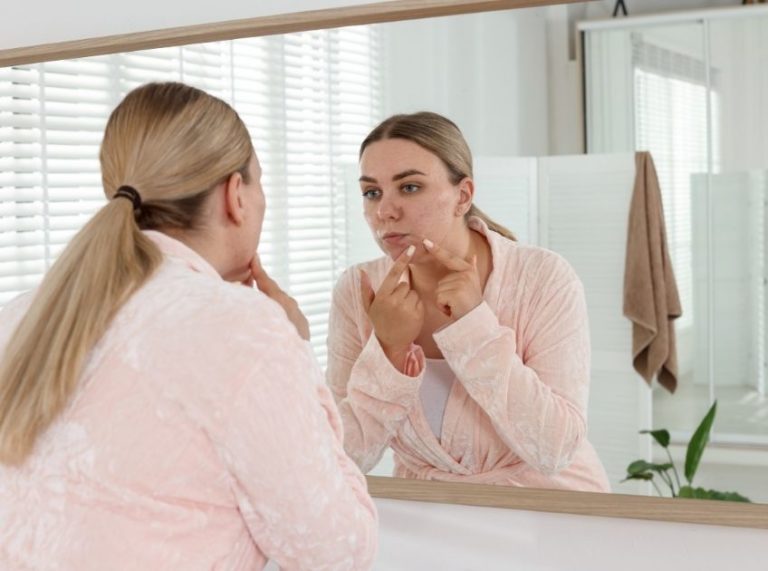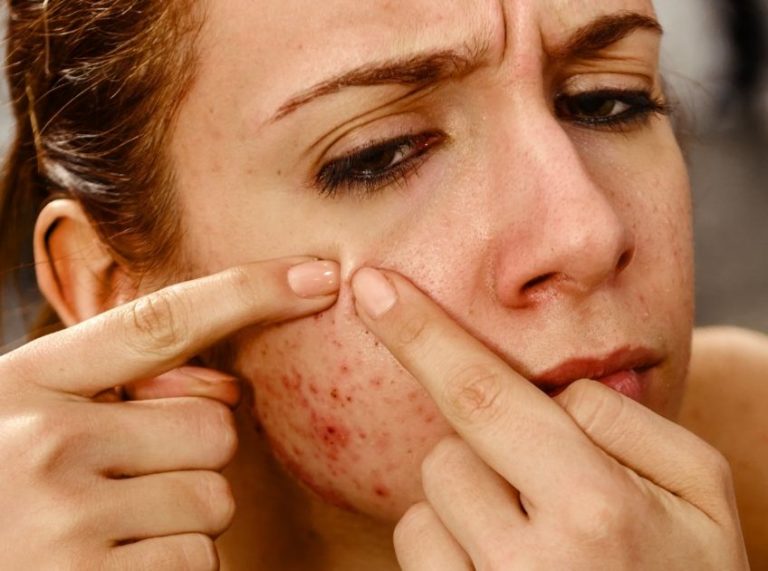
Important: This article is for informational purposes only. Please read our full disclaimer for more details.
Baobab oil is making waves in the world of skincare—and for good reason. Extracted from the seeds of the mighty African baobab tree, this nutrient-rich oil offers a natural way to hydrate, protect, and rejuvenate the skin. Whether you’re looking to treat dryness, dullness, or fine lines, baobab oil might be the game-changer your routine needs.
What Is Baobab Oil and Why Is It So Special?
Baobab oil is extracted from the seeds of the baobab fruit, which grows on the ancient baobab tree, often called the “Tree of Life.” These trees can live for over 1,000 years and store nutrients in their thick trunks and fruit pods.
The oil itself is light, fast-absorbing, and non-greasy—making it ideal for people who want powerful hydration without that sticky residue. It’s packed with essential fatty acids (5), antioxidants, and skin-repairing vitamins.
A Tradition Backed by Science
For generations, communities across Africa have used baobab oil to heal dry skin, wounds, and inflammation (1). Today, scientific studies support these practices:
- A 2017 review in the Journal of Ethnopharmacology notes baobab’s anti-inflammatory and skin-repairing properties (2).
- Research published in Lipids in Health and Disease (2016) found that the oil’s high omega-3 (3) and omega-6 content contributes to faster skin regeneration and improved elasticity (4).
These findings affirm what African healers have known for centuries—baobab oil is a true skin savior.
What Makes Baobab Oil a Skin Superhero?
Baobab oil is loaded with beneficial nutrients:
- Essential Fatty Acids (Omega-3, 6, 9): Deeply hydrate and restore the skin’s natural barrier (5).
- Vitamins A, D, E, and F: Promote skin renewal, fight free radicals, and improve elasticity.
- Antioxidants: Protect against environmental stress and premature aging.
- Anti-Inflammatory Compounds: Help calm eczema, psoriasis, and acne flare-ups (2).
Baobab Oil Benefits: What It Can Do for Your Skin
Here’s what regular use of baobab seed oil can offer:
✔ Intense Hydration
Locks in moisture without feeling greasy.
✔ Anti-Aging Effects
Softens fine lines and encourages collagen production.
✔ Skin Brightening
Improves tone and reduces dark spots.
✔ Soothing Relief
Reduces inflammation, making it perfect for sensitive or irritated skin.
✔ Gentle for All Skin Types
Non-comedogenic and suitable for oily, dry, or combination skin.
The Nutritional Goldmine Inside Baobab Fruit & Seeds
Beyond the oil, baobab fruit pulp (6) and seeds offer impressive internal benefits:
| Nutrient | Skin Benefit |
|---|---|
| Vitamin C | Boosts collagen, brightens skin |
| Calcium | Supports skin cell renewal |
| Magnesium | Calms irritated skin |
| Polyphenols | Fight oxidative stress from within |
| Fiber | Aids detoxification for clearer skin |
Consuming baobab powder or supplements enhances your skin from the inside out.
How to Use Baobab Oil in Your Skincare Routine
You don’t need an elaborate routine to benefit from baobab oil. Here’s how I—and many skincare pros—recommend using it:
- Morning Moisturizer: Apply 2–3 drops after toner and before sunscreen.
- Night Repair Treatment: Massage into damp skin post-cleansing.
- Mix with Masks: Combine with bentonite clay or yogurt for a weekly facial.
- Targeted Treatment: Dab on stretch marks or rough patches.
The Many Wonders of the Baobab Tree
The baobab isn’t just a tree—it’s a living pharmacy. In traditional African medicine:
- Leaves were brewed into tea for immune support.
- Fruit pulp was eaten to aid digestion and vitality.
- Seeds were used topically for skin and scalp conditions.
- Bark served as a natural remedies for fever and inflammation.
This rich cultural heritage gives baobab oil more than just cosmetic value—it’s part of a living tradition.
Are There Any Side Effects to Be Aware Of?
Baobab oil is generally very well-tolerated. Still, consider the following precautions:
- Always do a patch test before first use.
- Avoid use on broken skin unless directed by a healthcare provider.
- Store in a dark glass bottle to prevent oxidation.
- Consult a doctor before internal use during pregnancy.
Pro Tips to Maximize Your Baobab Oil Benefits
- Apply to damp skin to boost absorption.
- Layer under creams to lock in hydration.
- Mix with other oils like argan or rosehip for custom blends.
- Use consistently for 2–4 weeks to see real results.
Beyond Skin: Surprising Uses for Baobab Oil
Baobab oil is more versatile than most skincare oils:
- Hair Moisturizer: Seals moisture and smooths frizz.
- Cuticle Repair: Softens and strengthens nails.
- Lip Oil: Nourishes chapped lips overnight.
- Massage Base: Great carrier for essential oils in body massages.
Where Can You Find High-Quality Baobab Oil?
When shopping for baobab oil, quality matters. Look for:
- 100% Pure & Cold-Pressed
- Organic Certified
- Stored in Amber or Dark Glass Bottles
- Brands with Transparent Sourcing
Trusted brands include Shea Terra Organics, Alaffia, and The Ordinary. You can also find reputable options on Amazon, health stores, or African skincare boutiques.
Frequently Asked Questions (FAQ’S)
Q1: Is baobab oil safe for acne-prone skin?
A. Yes! It’s non-comedogenic and helps calm breakouts thanks to its anti-inflammatory properties.
Q2: Can I use baobab oil every day?
A. Absolutely—use it once or twice daily for hydration and skin support.
Q3: Will it make my skin oily?
A. No. It’s lightweight and absorbs quickly, leaving no greasy residue.
Final Thoughts: Baobab Oil Is Nature’s Answer to Radiant Skin
From ancient African traditions to modern skincare regimens, baobab oil is proving its worth as a true multitasker. With its nourishing properties, scientific backing, and versatility, it’s time to give this golden elixir a permanent place in your beauty arsenal.
Your skin deserves the richness of tradition and the power of nature—baobab oil delivers both.


